Dona nobis pacem. Give us peace. I offer this simple sharing of yesterday’s morning prayer that began with attentiveness to the overwhelming beauty and variety of the natural setting. I moved into singing the traditional round Dona nobis pacem, then spontaneously sang words from my heart, and finally slipped into silence. A prayer for peace in our troubled world. You might find it helpful to listen to the song using the links below to become familiar with its rhythms before continuing to read.
Dona nobis pacem, pacem. Dona nobis pacem.
Dona nobis pacem. Dona nobis pacem.
Dona nobis pacem. Dona nobis pacem.
Dona nobis pacem, pacem. Blessing of the sun, present to the One, pacem.
Dona nobis pacem. Dona nobis pacem.
Dona nobis pacem. Dona nobis pacem.
In the woods, all is good, pacem, pacem. Every thing I see, help me learn to be pacem.
Dona nobis pacem. Dona nobis pacem.
Dona nobis pacem. Dona nobis pacem.
Creation sings, birdsong rings, pacem, pacem. Holy, blessing-song, my heart sings along, pacem.
Dona nobis pacem. Dona nobis pacem.
Dona nobis pacem. Dona nobis pacem.
Always flowing, Presence growing, pacem, pacem. Weaves diversity into unity. Pacem.
Dona nobis pacem. Dona nobis pacem.
Dona nobis pacem. Dona nobis pacem.
Dona nobis pacem, pacem, pacem. Dona nobis pacem.
Dona nobis pacem. Dona nobis pacem.
Dona nobis pacem. Dona nobis pacem.
Center deep, wake from sleep, pacem, pacem. Simple way to start. Embrace our common Heart. Pacem.
Dona nobis pacem. Dona nobis pacem
Dona nobis pacem. Dona nobis pacem.
Donna nobis pacem, pacem. Dona nobis pacem.
Resource:
Sometimes this melody for Dona nobis pacem (“Give us peace” from the Agnus Dei) is attributed to Mozart. Often it is designated simply as “traditional.” Enjoy this version sung in a number of languages by people from around the world.
Dona nobis pacem – International Voices Houston
This is a simpler version, with just three voices, making it easier to learn the melody.
Listen to this song until its melody becomes familiar and you can sing along. Then try singing it and letting your own prayer emerge, words from your heart falling into the rhythm and melody. The words needn’t be profound. They don’t need to rhyme. Simply give voice to what stirs within.
All photos by Mary van Balen
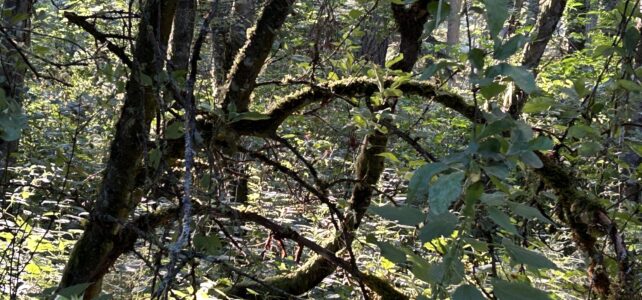
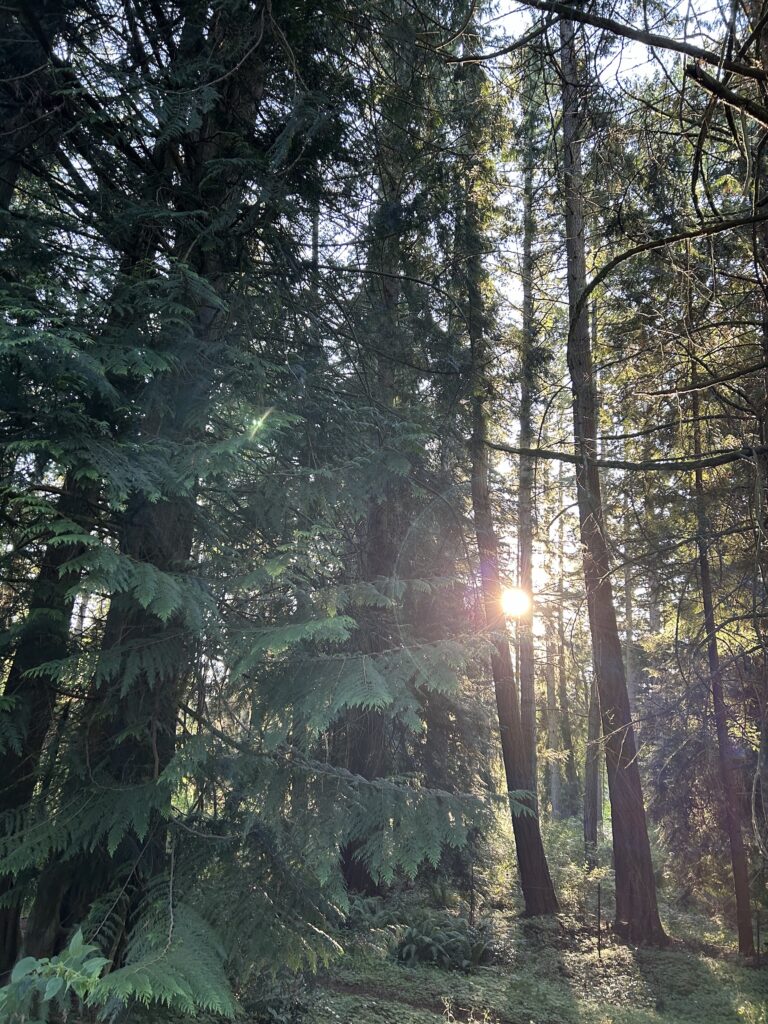

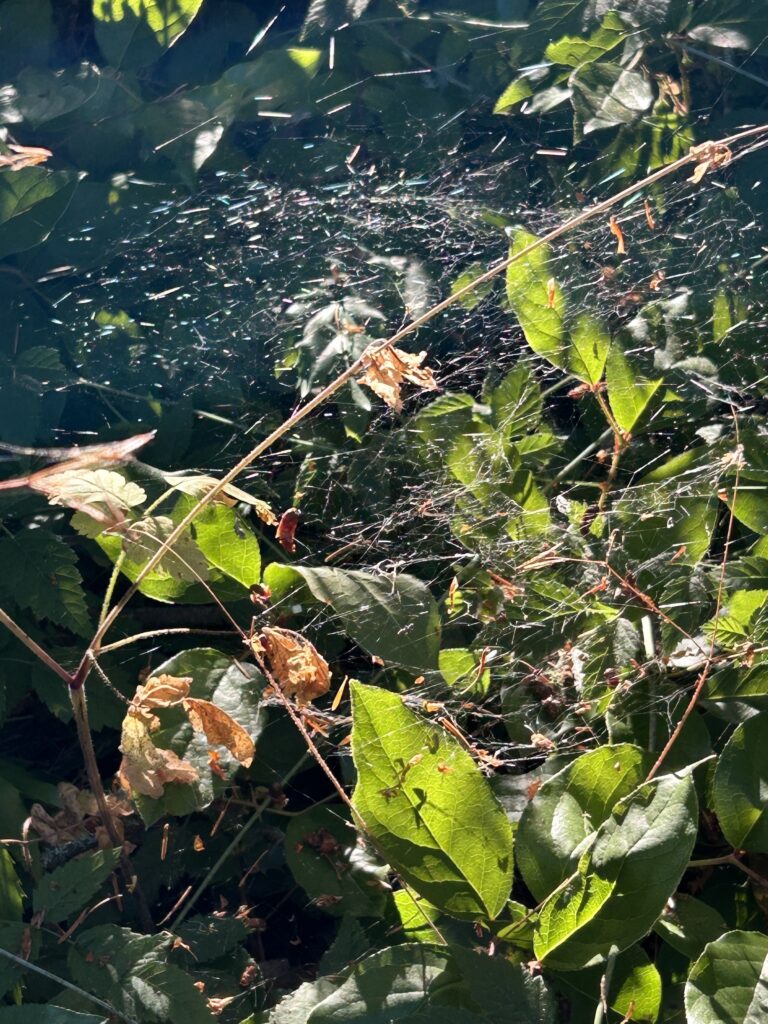
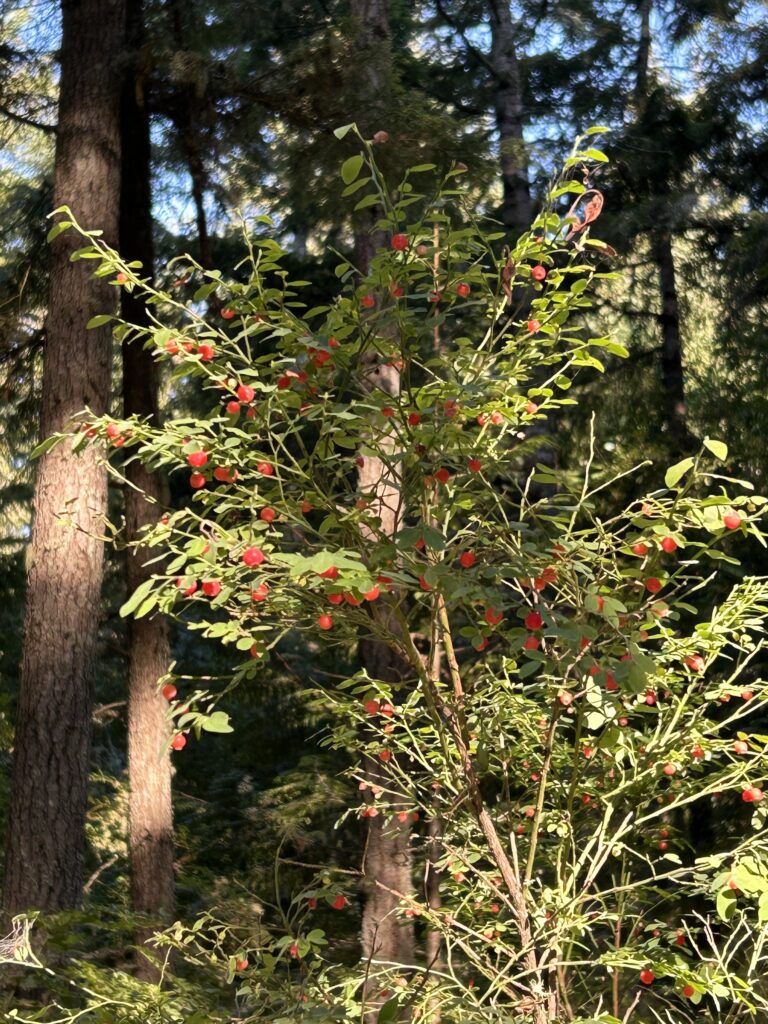
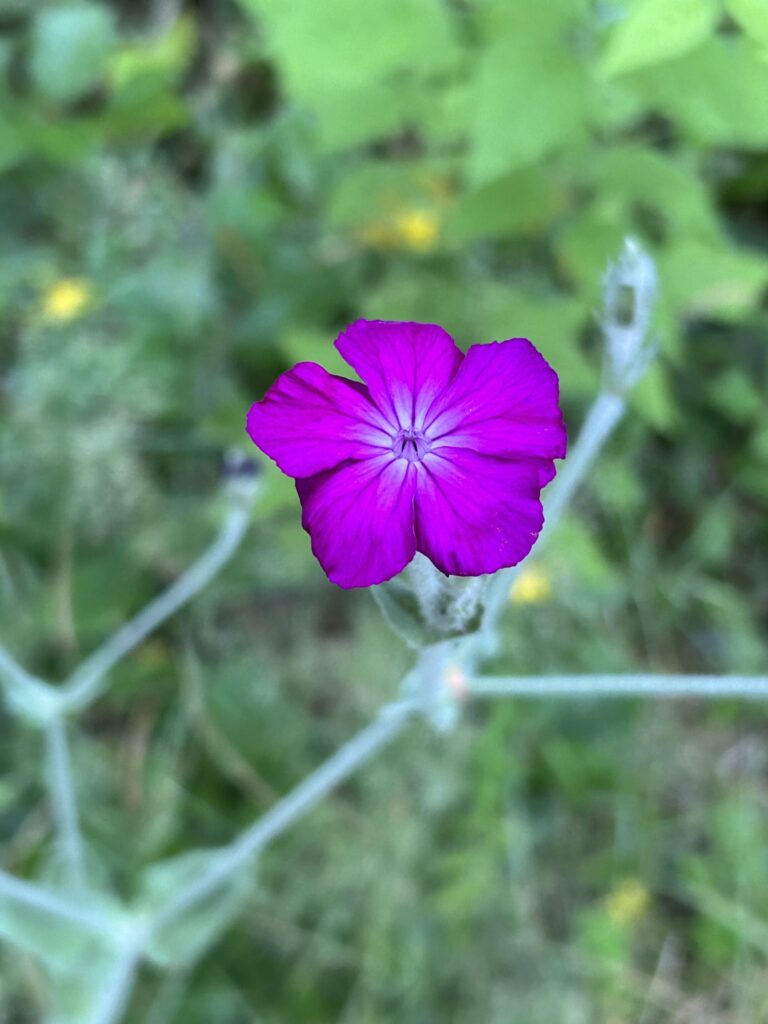
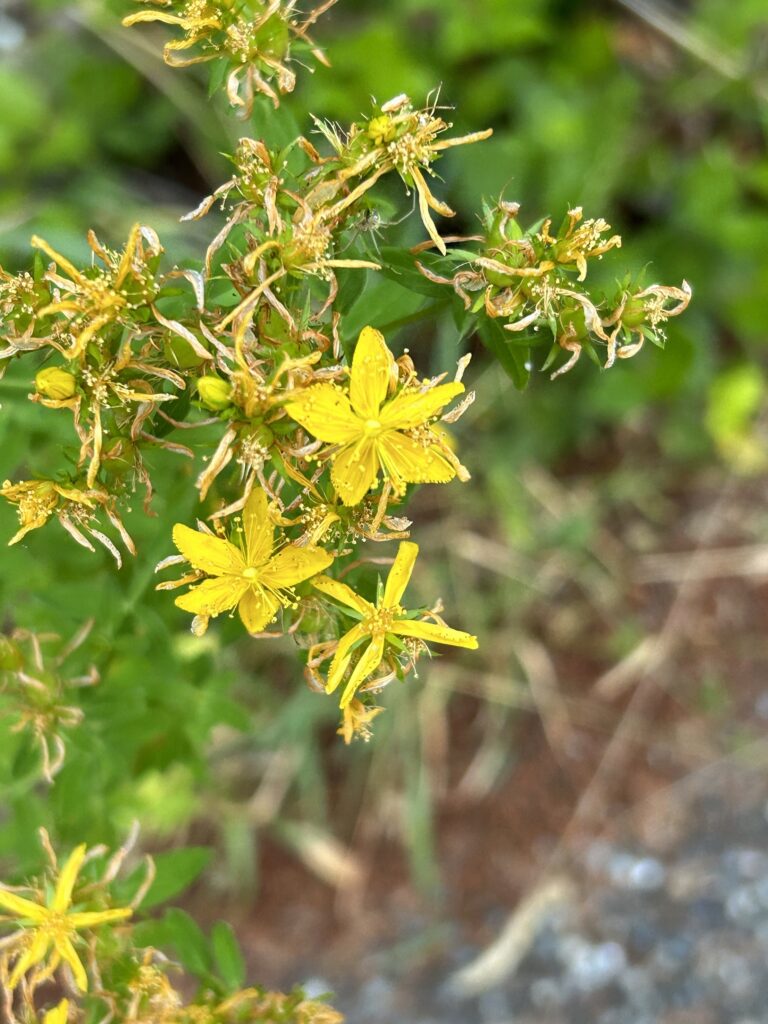
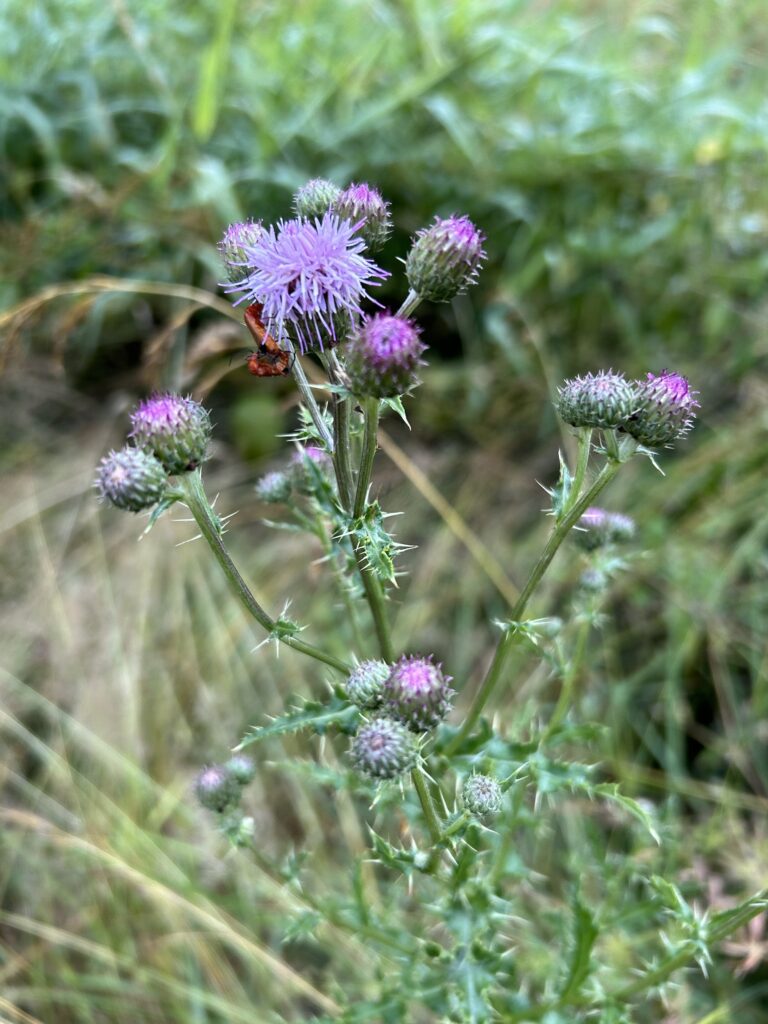
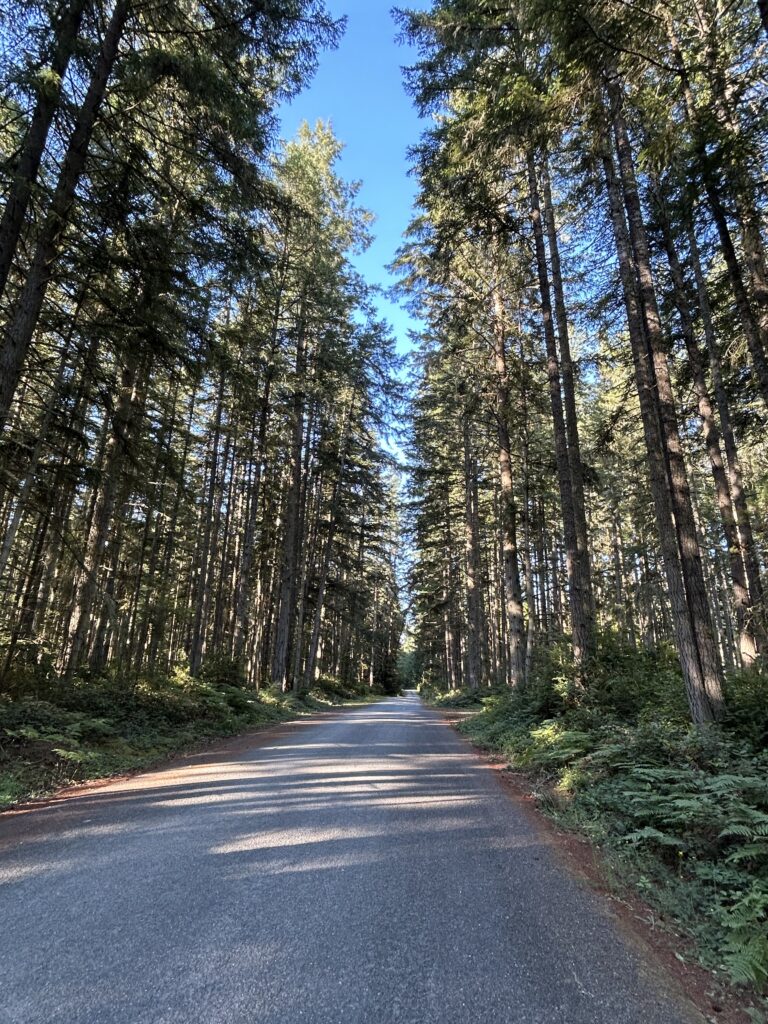

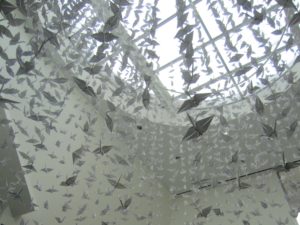
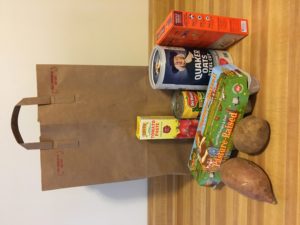

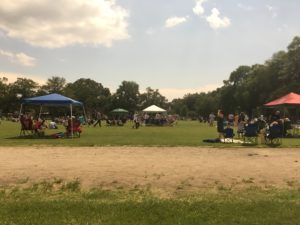
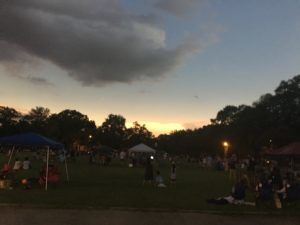
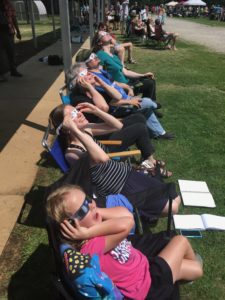
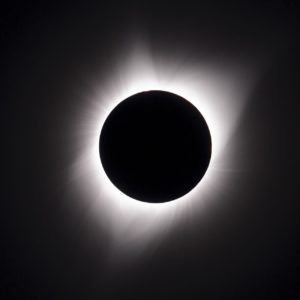



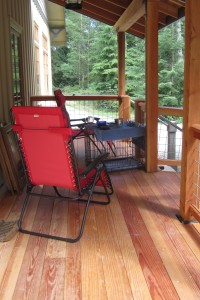
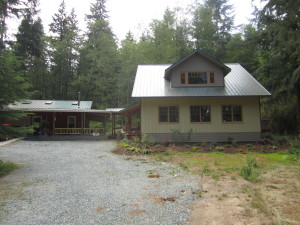

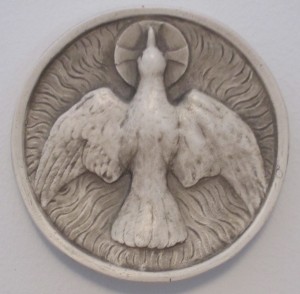

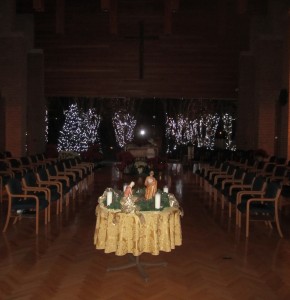

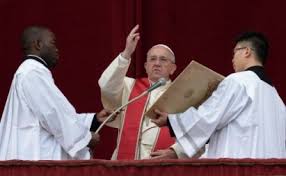 Pope Francis addressed the “City and the World” today in the traditional Urbi et Orbi message as thousands gathered to here him and receive the Christmas blessing. (read it
Pope Francis addressed the “City and the World” today in the traditional Urbi et Orbi message as thousands gathered to here him and receive the Christmas blessing. (read it